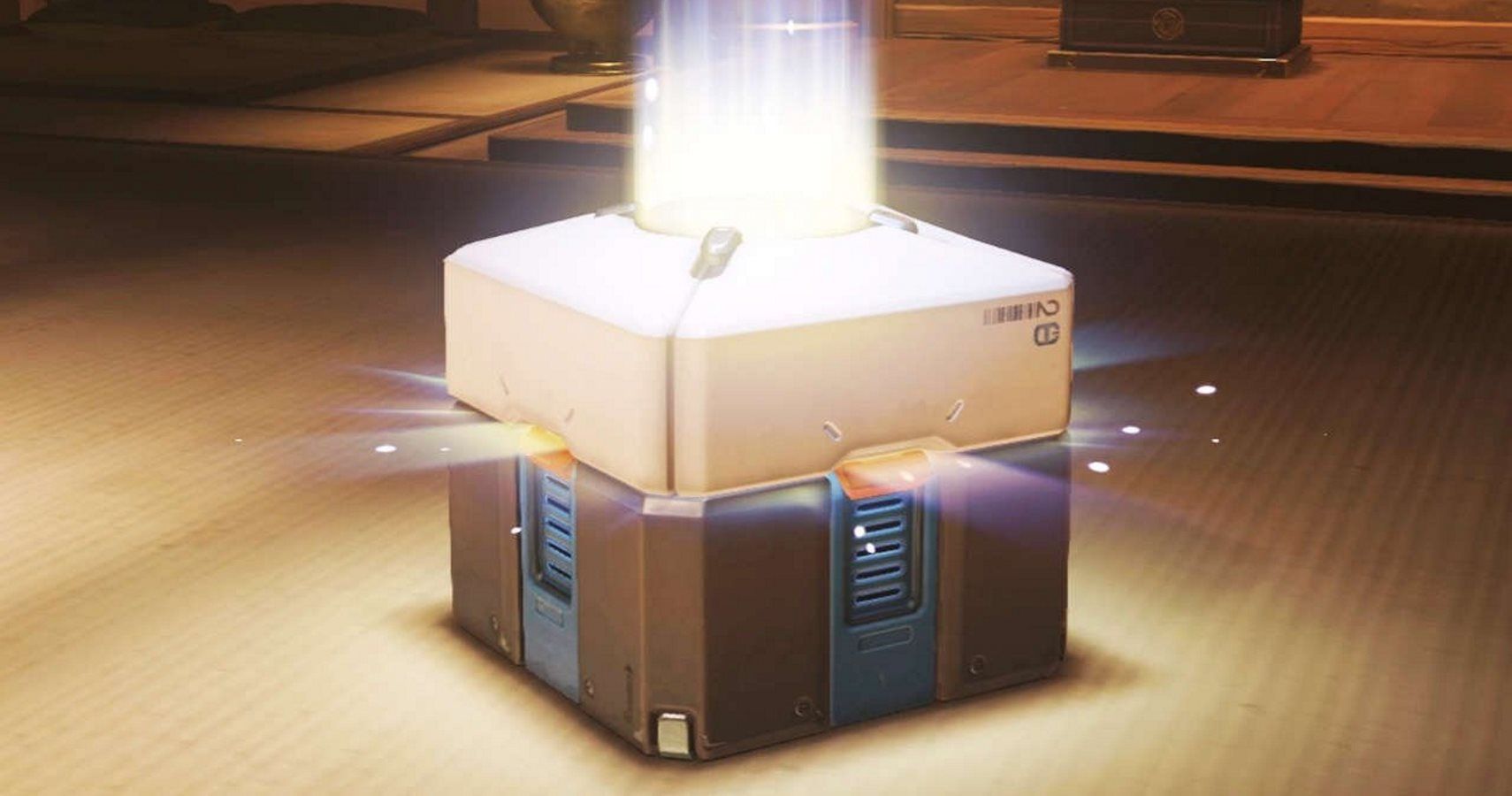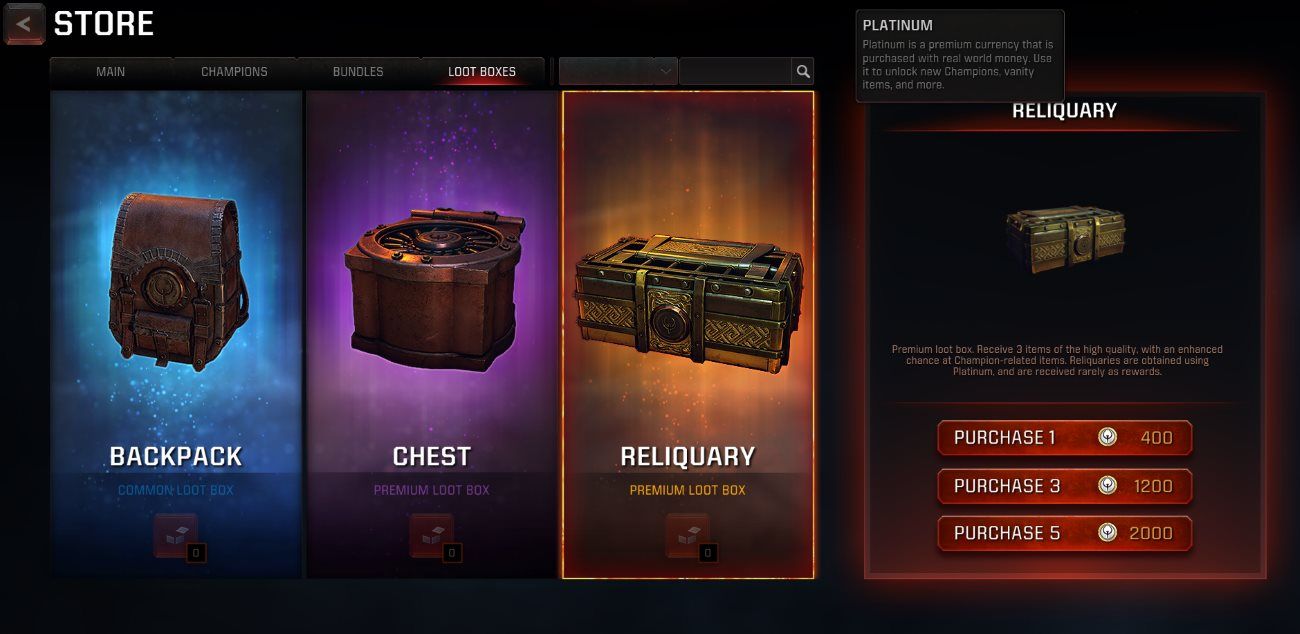The Entertainment Software Rating Board (ESRB) has finally responded to the growing controversy of in-game purchases and loot boxes.
Their response is perhaps to be expected: a new label to indicate which games will feature loot boxes or in-game purchases. However, the label is defined incredibly broadly to the point where nearly every modern game will feature the new label.
“Starting soon ESRP will begin assigning a brand-new label to physical games: In-Game Purchases,” wrote the ESRB on Twitter. “This label, or as we call it interactive element, will appear on boxes (and whenever those games can be downloaded) for all games that offer the ability to purchase digital goods or premiums with real-world currency. This includes features like bonus levels, skins, surprise items (such as item packs, loot boxes, or mystery awards), music, virtual coins, and other forms of in-game currency, subscriptions, season passes, upgrades (e.g., to disable ads), and more.”
RELATED: GERMAN AUTHORITIES CONSIDERING BANNING LOOT BOXES ENTIRELY
Unfortunately, the features listed in the ESRB’s official statement are so all-encompassing that there’s virtually no game currently available that would not warrant the “In-Game Purchases” label. Furthermore, the label does nothing to differentiate the gambling-style purchases (such as loot boxes) with simple microtransactions with allow a player to purchase an in-game item directly.
Critics of loot boxes have essentially likened the practice of selling a chance for virtual gear in exchange for real-world cash as mere gambling, which becomes problematic when the audience for games is still predominantly children. Nations around the world are struggling with how to address the issue, with some European countries considering an outright ban.
The ESRB, the self-regulating association tasked with rating video games, has taken an approach which essentially accomplishes nothing. Try and think of a single game that doesn’t feature some kind of in-game purchase for “bonus levels, skins, or item packs.” Even single-player indie titles often feature in-game purchase options for additional DLC that add things such as “bonus levels”, resulting in them being slapped with the “In-Game Purchases” label.
If it wasn’t already abundantly clear which side the ESRB is on, Board president Patricia Vance said, “We certainly considered whether or not loot boxes would constitute as gambling,” and added, “we don’t believe it does. We think it’s a fun way to acquire virtual items for use within the game.”


